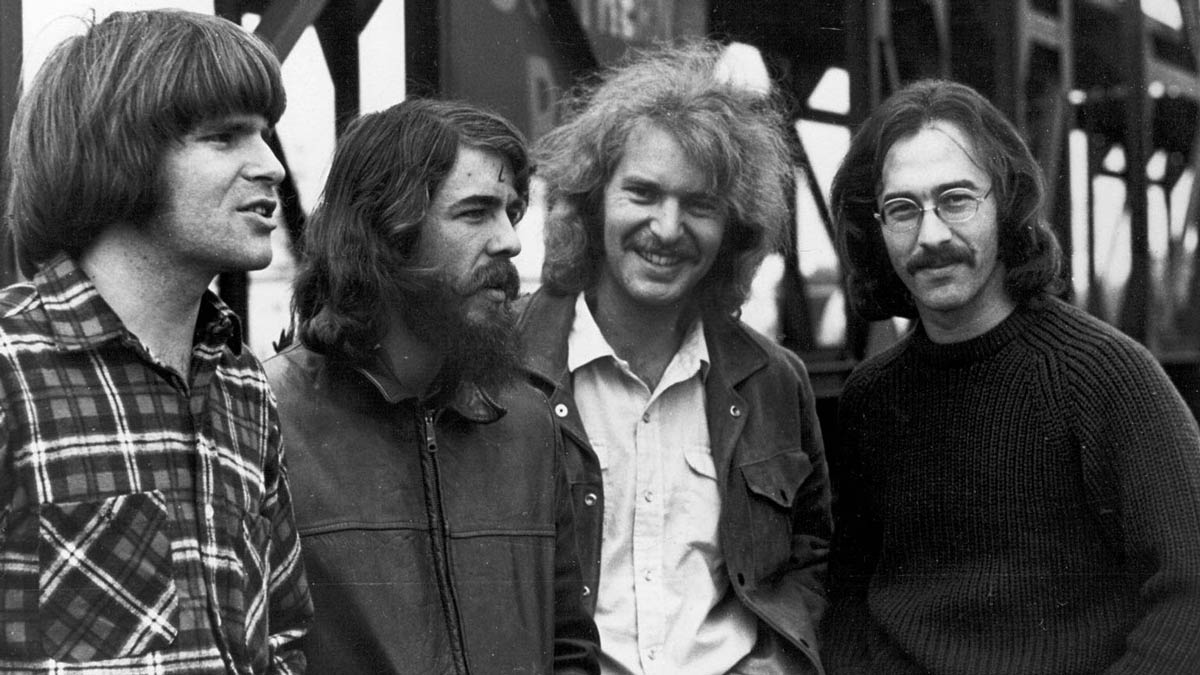In the turbulent landscape of late 1960s America, as the nation grappled with the prolonged and contentious involvement in the Vietnam War, a rising tide of dissent swept across the country. Amidst the fervor of anti-war protests and societal upheaval, music emerged as a potent force, providing a voice for the disillusioned youth seeking to challenge the status quo. Among the heralds of this musical resistance stood Creedence Clearwater Revival, whose poignant anthem, “Fortunate Son,” etched itself into the collective consciousness as a rallying cry against the injustices of war and privilege.
Originally unleashed upon the world in 1968 as a track on their fourth album, “Willy and the Poor Boys,” “Fortunate Son” swiftly became emblematic of the era’s discontent. The song offered a searing commentary on the stark realities faced by young Americans confronting the specter of conscription, juxtaposed against the backdrop of societal inequities. Its lyrics vividly depicted the plight of the average citizen, juxtaposed with those shielded from the horrors of war by their wealth or social status.
Despite the passage of over four decades since its inception, “Fortunate Son” remains ensconced in controversy, its relevance undiminished. In a striking display of homage, Dave Grohl and Bruce Springsteen ignited a televised debate on its significance with their rendition during a 2014 Veterans Day concert.
Dispelling Misconceptions
John Fogerty, the song’s architect and a veteran himself, stepped forward to address the lingering controversy, reaffirming the song’s enduring relevance. In his impassioned defense, Fogerty articulated:
“‘Fortunate Son’ is a testament to the times, a reflection of the tumultuous era of the Vietnam War over four decades ago. As an American and a songwriter, I take pride in the fact that the song continues to resonate with audiences.”
Fogerty sought to dispel misconceptions surrounding the song’s meaning, asserting its core message as a critique of privilege and the societal inequalities perpetuated by the war machine. He underscored the song’s capacity to provoke critical thought and its enduring relevance in confronting the complexities of freedom and justice.
With its defiant refrain, “It ain’t me, I ain’t no senator’s son, I ain’t no fortunate one,” “Fortunate Son” served as more than a mere anti-war anthem; it laid bare the contradictions inherent in America’s social fabric, challenging the veneer of patriotism to reveal the harsh realities obscured beneath. Creedence Clearwater Revival wielded its musical platform not only to protest the war but also to unmask the hypocrisy entrenched within the corridors of power, leaving an indelible mark on the landscape of dissent and artistic expression.
